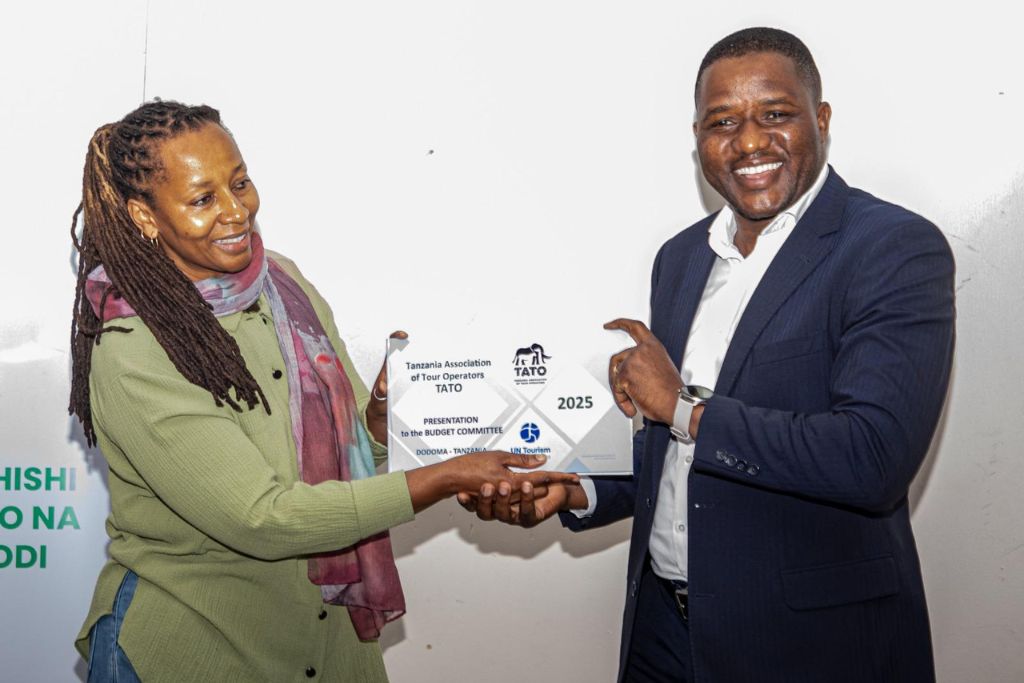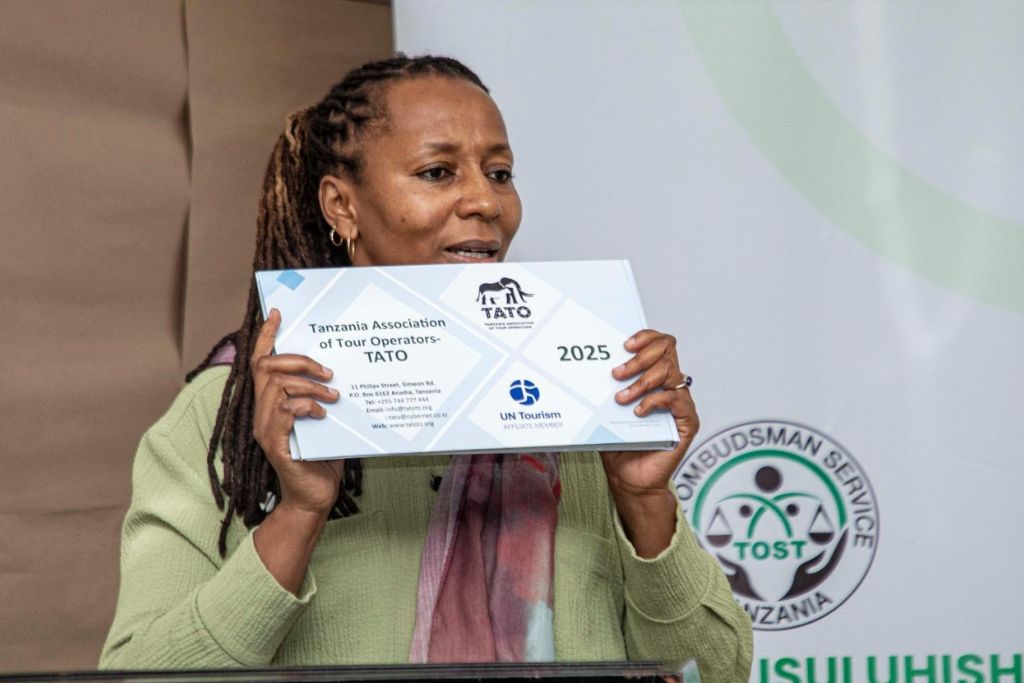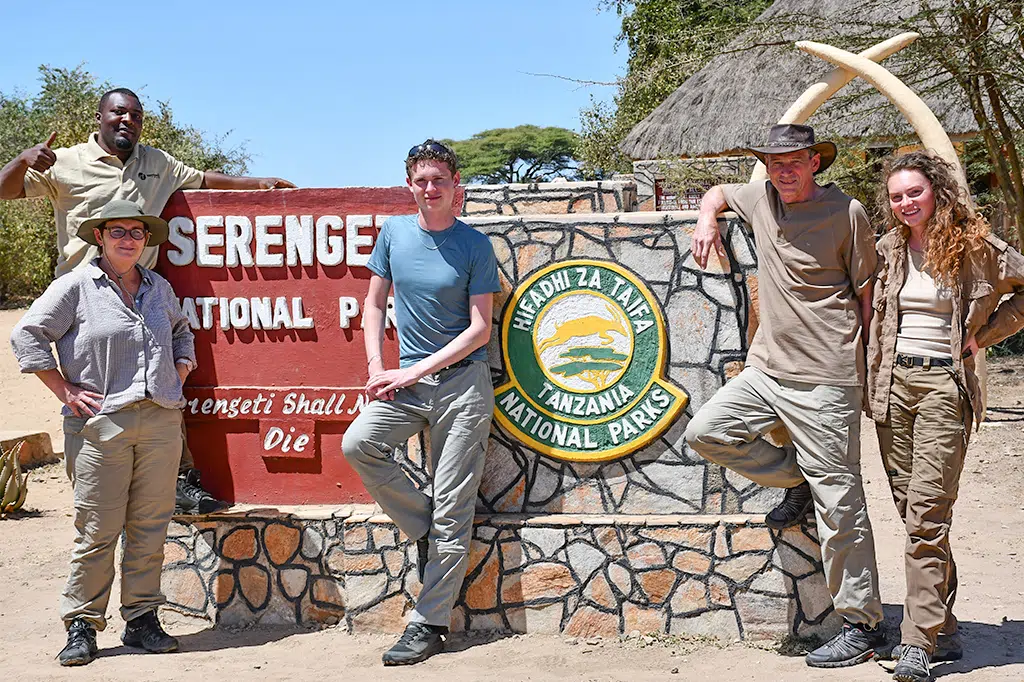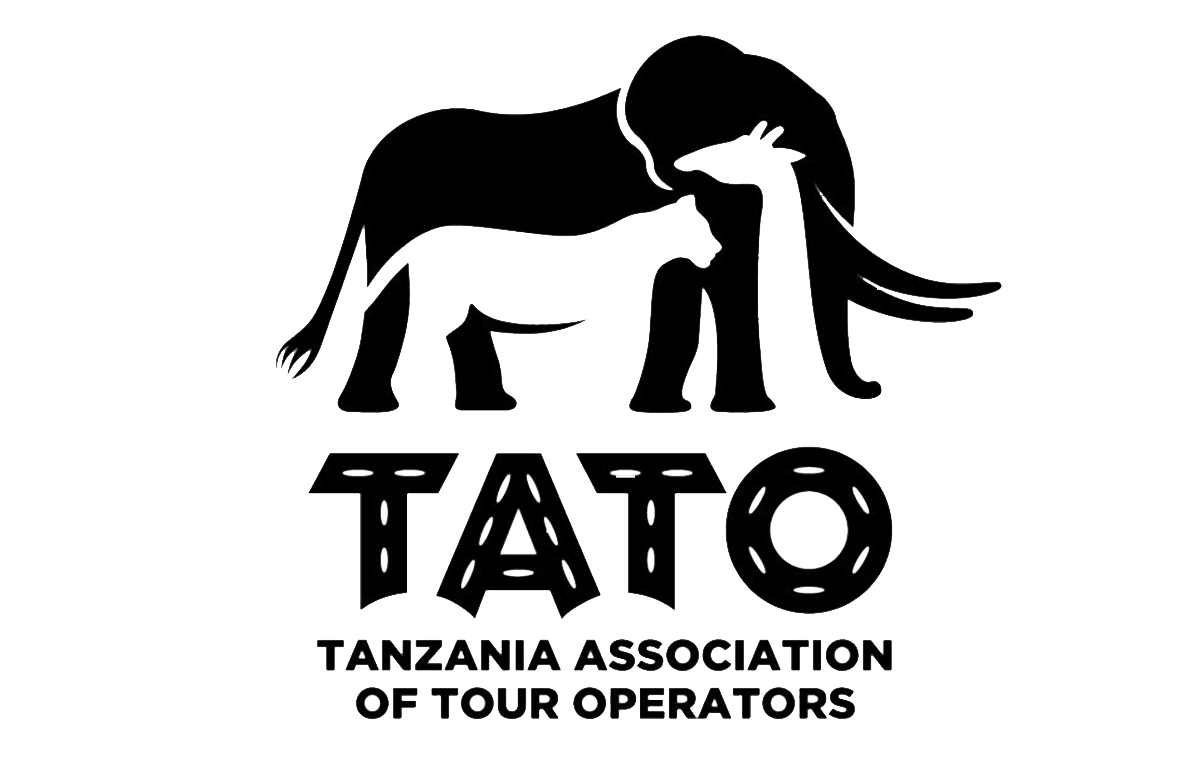TATO Engages with the Tax Ombudsman Services Tanzania: Strengthening Dialogue for a Fair and Transparent Fiscal Environment

On 18th September 2025, the Tanzania Association of Tour Operators (TATO) participated in a high-level working session organized by the Tax Ombudsman Services Tanzania, held at Mount Meru Hotel, Arusha. Representing TATO were Board Member and members of the TATO Secretariat, who joined other key stakeholders from both the public and private sectors to deliberate on pressing issues surrounding taxation, compliance, and business facilitation within Tanzania’s tourism industry.
This engagement reflects TATO’s ongoing commitment to advocacy and dialogue two essential pillars of its mission to ensure that Tanzania’s tourism sector operates within a fair, transparent, and enabling fiscal framework.
Understanding the Role of the Tax Ombudsman Services Tanzania
The Tax Ombudsman Services Tanzania is a newly established institution under the Tax Administration Act (Cap 438), designed to enhance accountability, fairness, and good governance within the national tax system. Its core mandate is to receive, investigate, and resolve taxpayer complaints regarding how tax laws and regulations are administered by the Tanzania Revenue Authority (TRA).
This independent body provides taxpayers with an alternative mechanism for seeking redress and ensures that administrative justice and integrity are upheld across the country’s revenue systems. For tourism operators, who interact daily with taxation processes involving VAT, withholding tax, customs duties, and cross-border payments, the establishment of this office marks a significant step forward in addressing compliance challenges through constructive dialogue rather than litigation or prolonged disputes.

TATO’s Active Participation and Representation
At the Mount Meru Hotel meeting, TATO Board Member Mrs. Fransisca Masika represented the Association alongside members of the Secretariat. The team articulated a range of issues facing tour operators in their daily interactions with taxation bodies.
Among the most critical topics discussed were:
- Cross-Border Tourism Operations:
TATO highlighted how differences in taxation between Mainland Tanzania and Zanzibar continue to cause confusion and increase operational costs for tour operators managing multi-destination packages. - VAT Administration in Tourism Services:
The Association emphasized inconsistencies in how VAT is applied to tourism-related services, including accommodation, park fees, and transport, calling for greater uniformity and simplification to promote compliance. - Refund and Credit Systems:
Many operators experience delays in VAT refund processing, which affects cash flow and operational efficiency. TATO proposed the introduction of a dedicated tourism desk within TRA to fast-track refunds for licensed operators. - Licensing and Tax Filing Synchronization:
The Association underscored the need for synchronization between tax systems and tourism licensing platforms, such as the MNRT and TANAPA portals, to prevent data duplication and reduce administrative burdens. - Digital Transformation and E-Filing:
While commending TRA for strides made in digitizing tax administration, TATO called for capacity-building sessions to help operators adapt to evolving systems, particularly small and medium-sized enterprises (SMEs) in remote regions.
Presentation of the 2025 Blueprint Budget Committee Books
One of the highlights of the session was the presentation of TATO’s 2025 Blueprint Budget Committee Books, a comprehensive document compiling tax-related concerns, recommendations, and policy reform proposals gathered from its diverse membership base.
The books were formally presented by Mrs. Fransisca Masika to Mr. Erastus Vincent Mtui, the Tax Ombudsman, symbolizing a collaborative commitment to building a more inclusive and accountable tax administration system.
“This document represents the collective voice of Tanzania’s tour operators,” noted Mrs. Masika during her remarks. “Our goal is not to challenge tax laws, but to help shape them so that they support business growth, protect investments, and sustain tourism as one of the nation’s key economic pillars.”
The Blueprint outlines actionable proposals to enhance transparency, efficiency, and predictability in tax administration, particularly for industries like tourism that depend heavily on international transactions, foreign exchange management, and seasonal operations.
The Significance of Tax Dialogue for Tourism
Tanzania’s tourism sector remains one of the country’s most strategic economic contributors. As of December 2024, the industry had generated over USD 3.9 billion in foreign exchange earnings, contributing more than 17% to the national GDP and nearly 30% to Zanzibar’s economy. With over 2.1 million international and 3.2 million domestic visitors, tourism continues to stand as a pillar for sustainable national development.
However, despite its potential, the sector faces complex tax-related challenges — from overlapping levies to inconsistent interpretations of exemptions and tax codes across regions. These issues often discourage investment, increase operational costs, and create uncertainty for foreign partners.
By engaging with the Tax Ombudsman Services Tanzania, TATO is helping to ensure that tourism remains not only a major revenue generator but also a model of regulatory compliance and institutional integrity. The dialogue between tour operators and tax authorities is critical in balancing government revenue needs with business viability.

TATO’s Broader Advocacy Efforts
The Tax & Tourism Engagement in Arusha builds upon TATO’s broader mission of advocacy and lobbying, one of its four foundational pillars. Over the years, TATO has consistently worked with ministries, agencies, and regulatory bodies to influence policies that enable tourism to thrive.
TATO’s Four Core Roles:
- Advocacy & Lobbying: Championing the collective voice of tour operators in national and international policy discussions.
- Research & Marketing: Generating insights and data-driven strategies to promote Tanzania as a competitive global destination.
- Consultancy & Training: Enhancing member capacity through professional training, such as the Safari Guiding Code of Conduct & Ethics Training and data protection compliance workshops.
- Information Sharing: Keeping members informed of new regulations, technological changes, and market trends that affect tourism operations.
This engagement with the Tax Ombudsman Services Tanzania is a continuation of TATO’s proactive strategy to align the private sector with government reforms while ensuring that operators’ realities are well understood in policymaking spaces.
Building Trust and Transparency
A major takeaway from the session was the shared commitment to building trust between taxpayers and authorities. The Tax Ombudsman emphasized that the purpose of the office is not punitive but corrective, to identify systemic inefficiencies and recommend practical improvements.
“Our role is to ensure fairness and administrative justice in tax matters,” stated Mr. Erastus Vincent Mtui, Tax Ombudsman. “We want taxpayers to feel confident that their concerns are heard, and that every decision taken by the authorities reflects integrity and professionalism.”
TATO applauded this approach, noting that such reforms directly contribute to investor confidence, improve compliance rates, and enhance Tanzania’s global reputation as a tourism-friendly destination.
Strengthening Collaboration for Sustainable Growth
The Tax & Tourism Dialogue concluded with a shared resolution to deepen collaboration between the Tax Ombudsman’s Office, TRA, and tourism industry representatives. Future meetings will focus on reviewing progress on submitted recommendations and exploring new avenues to simplify compliance procedures.
TATO reaffirmed its readiness to continue engaging with policymakers through technical working groups, policy roundtables, and public-private platforms. The Association believes that when tax systems are fair, predictable, and efficient, they can stimulate growth, support employment, and create a more resilient tourism economy.
Final Remarks
The Tax Ombudsman Services Tanzania engagement marked another milestone in TATO’s mission to create a business-friendly fiscal environment for the country’s tourism industry.
By maintaining open channels of communication between tax authorities and the private sector, Tanzania is building a foundation for trust, fairness, and sustainability, essential ingredients for long-term success in tourism.
TATO extends sincere appreciation to the Tax Ombudsman Services Tanzania staffs and their boss Mr. Erastus Vincent Mtui, the TRA, and all participating stakeholders for their cooperation and commitment.
“Tanzania’s tourism future depends on partnership,” said Mrs. Fransisca Masika in her closing statement. “Through dialogue and transparency, we can build a tax system that not only collects revenue but also empowers growth.”
With this engagement, TATO once again reinforces its role as a bridge between policy and practice, ensuring that every stakeholder, from safari operators to local communities, benefits from a stronger, fairer, and more sustainable tourism ecosystem.

